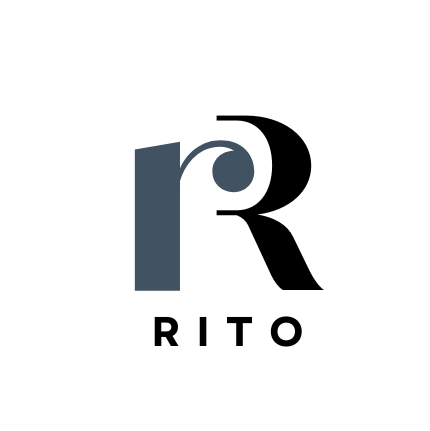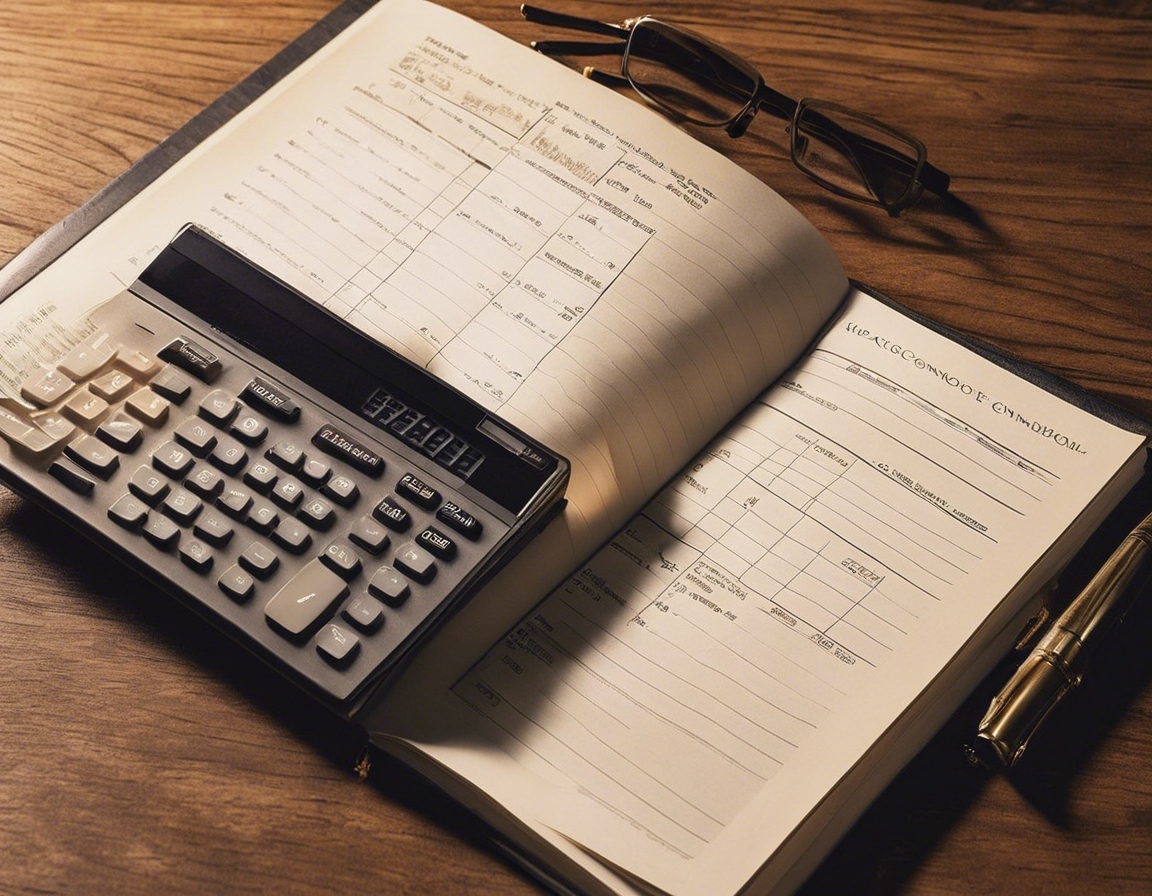Understanding condominium accounting: a comprehensive guide
Condominium accounting is a specialized area of accounting that deals with the financial operations of condominium associations. These associations are responsible for managing the common areas of a condominium complex, collecting fees from unit owners, and maintaining the property's overall financial health.
Accurate accounting is crucial for condominium associations to ensure financial stability, legal compliance, and transparent reporting to unit owners. It helps in making informed decisions regarding property maintenance, improvements, and budgeting.
Key Concepts in Condominium Accounting
Common elements refer to areas and facilities shared by all unit owners, while individual units are the privately owned spaces within the complex. Accounting for these separately is essential for fair allocation of costs and responsibilities.
Operating funds cover the day-to-day expenses of running a condominium, whereas reserve funds are set aside for major repairs and long-term capital improvements. Proper management of these funds is a cornerstone of sound condominium accounting.
Assessment fees are regular charges to unit owners for their share of common expenses. Special assessments may be levied for unexpected or significant expenses not covered by the regular budget or reserve fund.
Accounting Procedures for Condominiums
A chart of accounts is a listing of all the accounts used in the general ledger of an organization. For condominiums, it should be tailored to reflect the unique aspects of property management and ownership.
Creating a realistic budget is vital for financial planning and control. It involves estimating future expenses, setting assessment rates, and planning for reserve fund contributions.
Regular financial reporting provides transparency and accountability to unit owners. Key financial statements include the balance sheet, income statement, and statement of cash flows.
Regulatory Compliance and Audits
In Estonia, condominium associations must adhere to specific legal requirements regarding financial reporting, reserve funds, and property management. Staying compliant is essential to avoid legal issues and maintain trust among stakeholders.
Audits are an independent examination of financial records and practices. They are crucial for verifying the accuracy of financial statements and ensuring compliance with legal standards.
Best Practices in Condominium Accounting
Internal controls are policies and procedures designed to safeguard assets, prevent fraud, and ensure the reliability of financial reporting. They are an integral part of effective condominium accounting.
Modern accounting software can streamline financial management for condominiums, offering features like automated billing, online payment processing, and real-time financial analysis.
Professional accounting services can provide expertise and support for complex accounting tasks, ensuring that condominium associations meet their financial and legal obligations efficiently.






Comments (0)